By Admin
Here are the different branches of biology (or divisions of biology)
and their definitions.
-
Anatomy
Anatomy is the branch of biology that deals with the study of the structure of organisms and their parts. -
Biochemistry
Biochemistry is the branch of biology concerned with the chemical and physicochemical processes that occur within living organisms. -
Biophysics
Biophysics is the science of the application of the laws of physics to biological phenomena. -
Biotechnology
Biotechnology is the exploitation of biological processes such as genetic manipulation of micro-organisms for the production of antibiotics, hormones, etc. -
Botany
Botany is the scientific study of plants, including their physiology, structure, genetics, and ecology. -
Cell Biology
Cell biology is the study of cell structure and function, and it revolves around the concept that the cell is the fundamental unit of life. -
Ecology
Ecology is the branch of biology that deals with the relations of organisms to one another and to their physical surroundings. -
Evolution
Evolution is the process by which different kinds of living organisms are thought to have developed and diversified from earlier forms during the history of the earth (Darwinism). -
Genetics
Genetics is the study of genes, genetic variation, and heredity in living organisms. -
Immunology
Immunology is the branch of medicine and biology concerned with immunity. -
Marine Biology
Marine biology is the scientific study of organisms in the ocean or other marine bodies of water. -
Microbiology
Microbiology is the study of microscopic organisms, those being unicellular, multicellular, or acellular. -
Molecular Biology
Molecular biology is the branch of biology that deals with the structure and function of the proteins and nucleic acids. -
Mycology
Mycology is the scientific study of fungi. -
Parasitology
Parasitology is the branch of biology or medicine concerned with the study of parasitic organisms. -
Photobiology
Photobiology is the scientific study of the interactions of light and living organisms. -
Phycology
Phycology is the scientific study of algae. -
Physiology
Physiology is the branch of biology that deals with the normal functions of living organisms and their parts. -
Plant Physiology
Plant physiology is a sub-discipline of botany concerned with the functioning, or physiology, of plants. -
Radiobiology
Radiobiology is a branch of biology that involves the study of the action of ionizing radiation on living things. -
Structural Biology
Structural biology is a branch of molecular biology, biochemistry, and biophysics dealing with the molecular structure of biological macro-molecules. -
Theoretical Biology
Theoretical biology (aka Mathematical biology) is an interdisciplinary scientific research field with a range of applications in biology, biotechnology, and medicine. -
Virology
Virology is the branch of science that deals with the study of viruses. -
Zoology
Zoology is the scientific study of the behavior, structure, physiology, classification, and distribution of animals.
@ Ramesh Shrestha
E-mail: ramesh335@daum.net
⟰⟰⟰⟰⟰⟰⟰⟰⟰
⤝⤝⤝⤝⤝


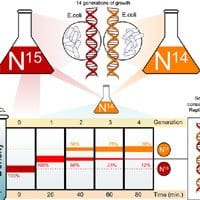

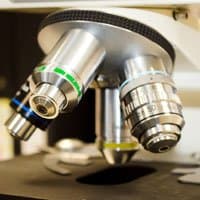




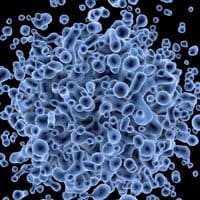


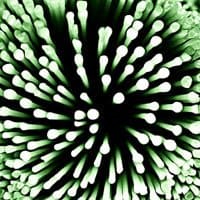
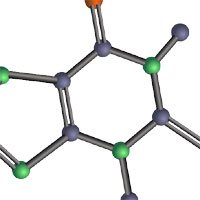
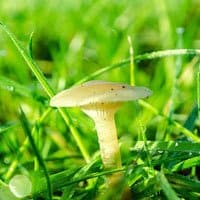
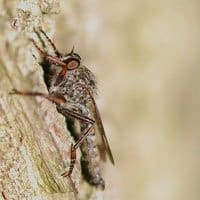

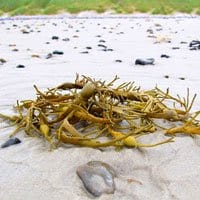
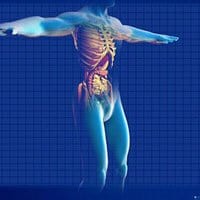

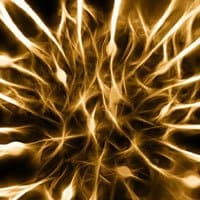


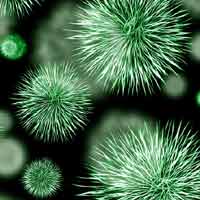

No comments:
Post a Comment